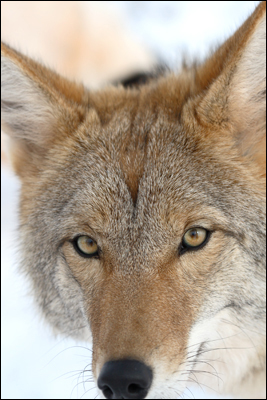.
Questioner: The fact of death stares everybody in the face,
yet its mystery is never solved. Must it always be so?
Krishnamurti: Why is there a fear of death?
When we cling to continuity, there is the fear of death.
Incomplete action brings the fear of death.
There is a fear of death as long as there is the desire for continuity
in character, continuity in action, in capacity, in the name, and so on.
As long as there is action seeking a result, there must be the thinker
who is seeking continuity. Fear comes into being when this continuity
is threatened through death. So, there is fear of death as long
as there is the desire for continuity.
That which continues disintegrates. Any form of continuity,
however noble, is a process of disintegration. In continuity there is never renewal,
and only in renewal is there freedom from the fear of death. If we see the truth
of this, then we will see the truth in the false. Then there would be the liberation
from the false. Then there would be no fear of death. Thus living, experiencing,
is in the present and not a means of continuity.
Is it possible to live from moment to moment with renewal?
There is renewal only in ending and not in continuity. In the interval
between the ending and the beginning of another problem,
there is renewal.
Death, the state of non-continuity, the state of rebirth, is the unknown.
Death is the unknown. The mind, which is the result of continuity,
cannot know the unknown. It can know only the known. It can only act
and have its being in the known, which is continuous. So the known is in fear
of the unknown. The known can never know the unknown, and so death
remains the mystery. If there is an ending from moment to moment,
from day to day, in this ending the unknown comes into being.
Immortality is not the continuation of "me". The me and the mine is of time,
the result of action towards an end. So there is no relationship between the me
and the mine and that which is immortal, timeless. We would like to think
there is a relationship, but this is an illusion. That which is immeasurable
cannot be caught in the net of time.
There is fear of death where there is search for fulfillment.
Fulfillment has no ending. Desire is constantly seeking and changing
the object of fulfillment, and so it is caught in the net of time.
So the search for self-fulfillment is another form of continuity,
and frustration seeks death as a means of continuity. Truth is not continuous.
Truth is a state of being, and being is action without time. This being
can be experienced only when desire, which gives birth to continuity,
is wholly and completely understood. Thought is founded on the past,
so thought cannot know the unknown, the immeasurable.
The thought process must come to an end.
Then only the unknowable comes into being.
.
~ J. Krishnamurti
from a talk in Bombay March 14 1948
art by Klimt





















.jpg)











